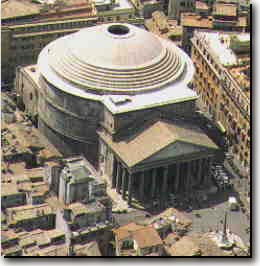I spotted the word "Pantheon" here on the first and second paragraph on The Hindu but not able to understand the editor's view.
On the 125th birth anniversary of Dr. B.R. Ambedkar, on April 14, India still finds itself unable to induct him into the pantheon of greats unquestioningly. ... We forget that Ambedkar was one of modern India’s first great economic thinkers, its constitutional draftsman and its first law minister who ensured the codification of Hindu law.
Assimilating Dr. Ambedkar into the national pantheon of the freedom struggle is difficult because his life was one of steady accretion of ideas, of making a stand on rights and of standing up to social wrongs.
As per the Cambridge dictionary the word pantheon means
a small group of people who are the most famous, important and admired in their particular area of activity.
I am more interested in the meaning and origin as that will help with understanding its usage.

